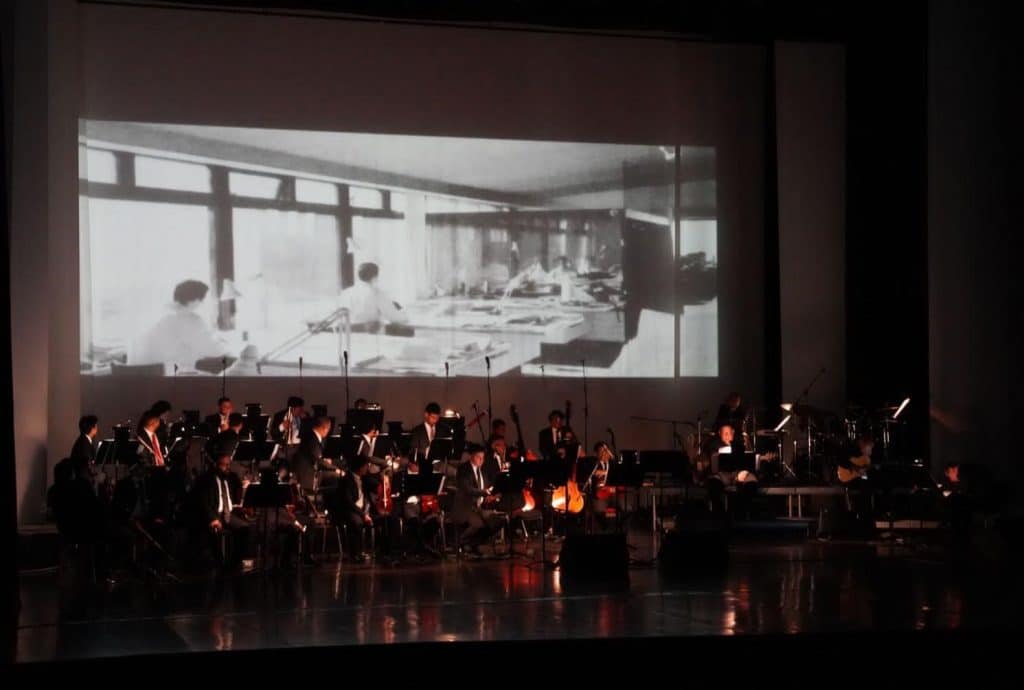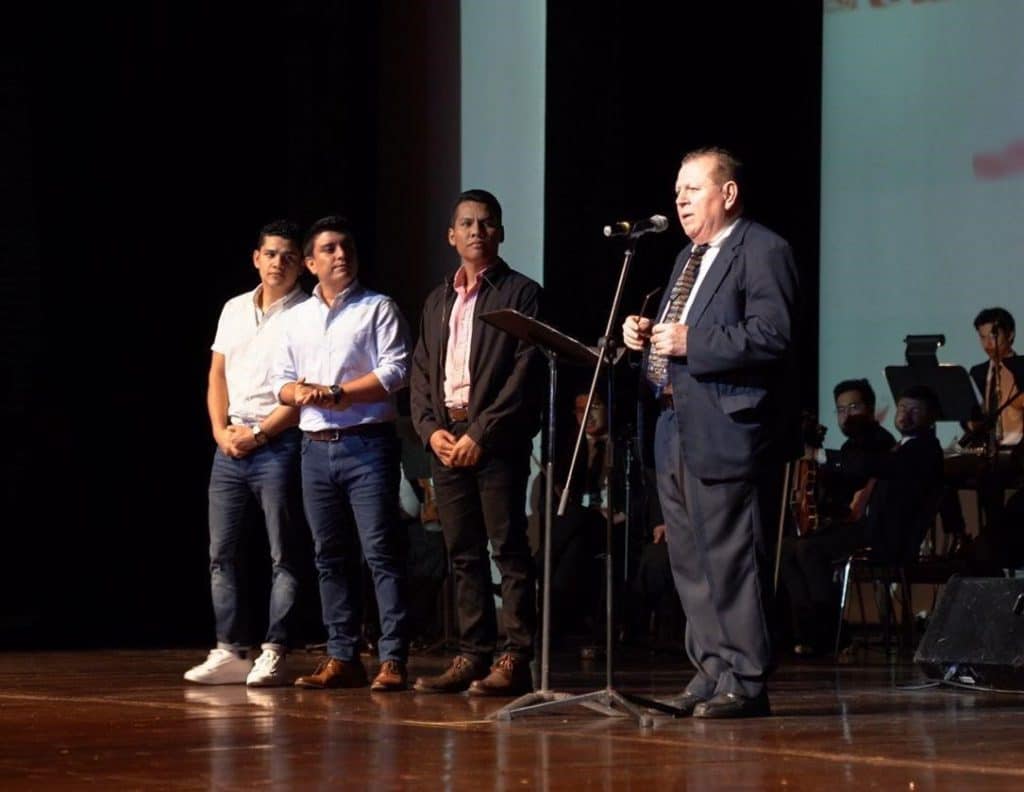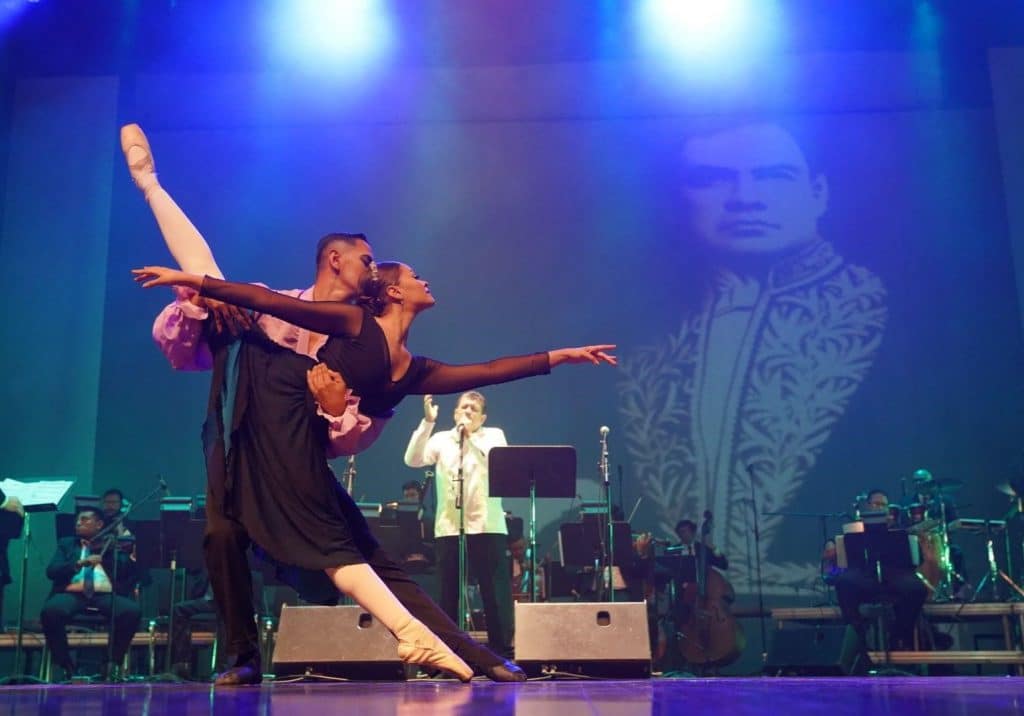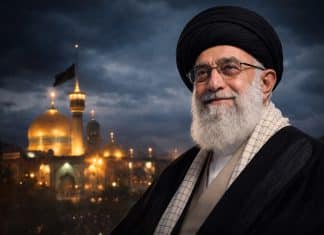
In commemoration of the birth of the universal poet Rubén Darío, the presentation of the documentary “El Teatro de los Sueños” produced by JP+ was held. This audiovisual work highlights the history of the emblematic Rubén Darío National Theater, considered a temple of the arts in Nicaragua.
The documentary was presented in the Sala Mayor of the Ruben Dario National Theater, with a full audience, as part of the opening of a special gala in honor of the 157th anniversary of the birth of the poet Ruben Dario.
“El Teatro de los Sueños” is an audiovisual piece created by the JP+ team, dedicated to the most emblematic building of the arts in Nicaragua, the Ruben Dario National Theater.
This short film, lasting approximately 27 minutes, tells the history of this monument, which witnessed different times and events in the Latin American nation.
The documentary showcases the importance and significance of Nicaraguan professionals in the design and construction of the National Theater, as well as popular artists who have reached the highest cultural stage through their talent and quality.

The short film also explores the influence of the Sandinista revolution on the cultural transformation of Nicaragua and how the National Theater contributes to showcasing popular arts, regarded among the best in Latin America.

Additionally, the musical, dance, and theatrical performance ‘El Eterno Universal’ was presented at the gala as a tribute to the prince of modernism, Ruben Dario.

You can read: Ruben Dario: 157 years of the universal Nicaraguan poet
“We believe that through music, even though Rubén Darío’s poetry is inherently musical, we can also ensure that young people and students receive poetry, experiencing the work of Ruben Dario through music,” said Ramon Rodriguez, the director of the Ruben Dario National Theater.
You may be interested in: Nicaragua reaches 94% drinking water coverage
The Ruben Dario National Theater is located in Managua, capital of Nicaragua. The inauguration of said building took place on December 6, 1969. However, at that time the work was not finished, which is why its anniversary is celebrated on January 18 of each year, the birth of Rubén Darío.





